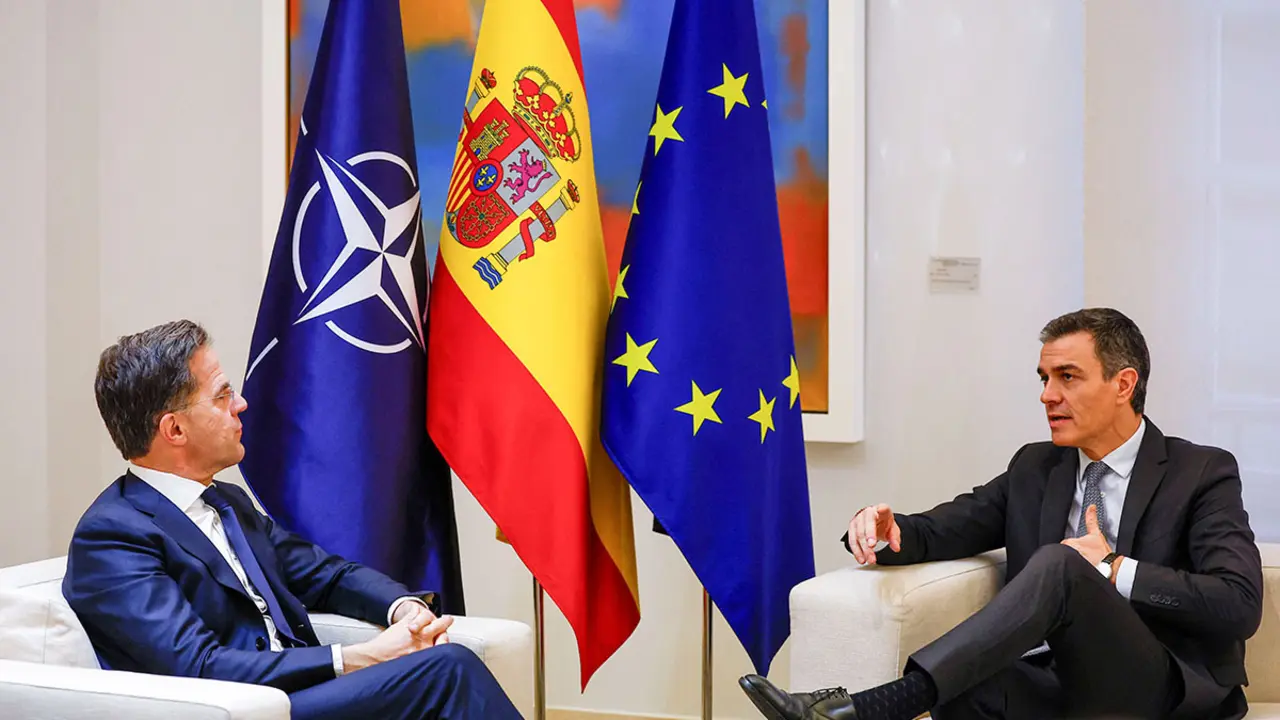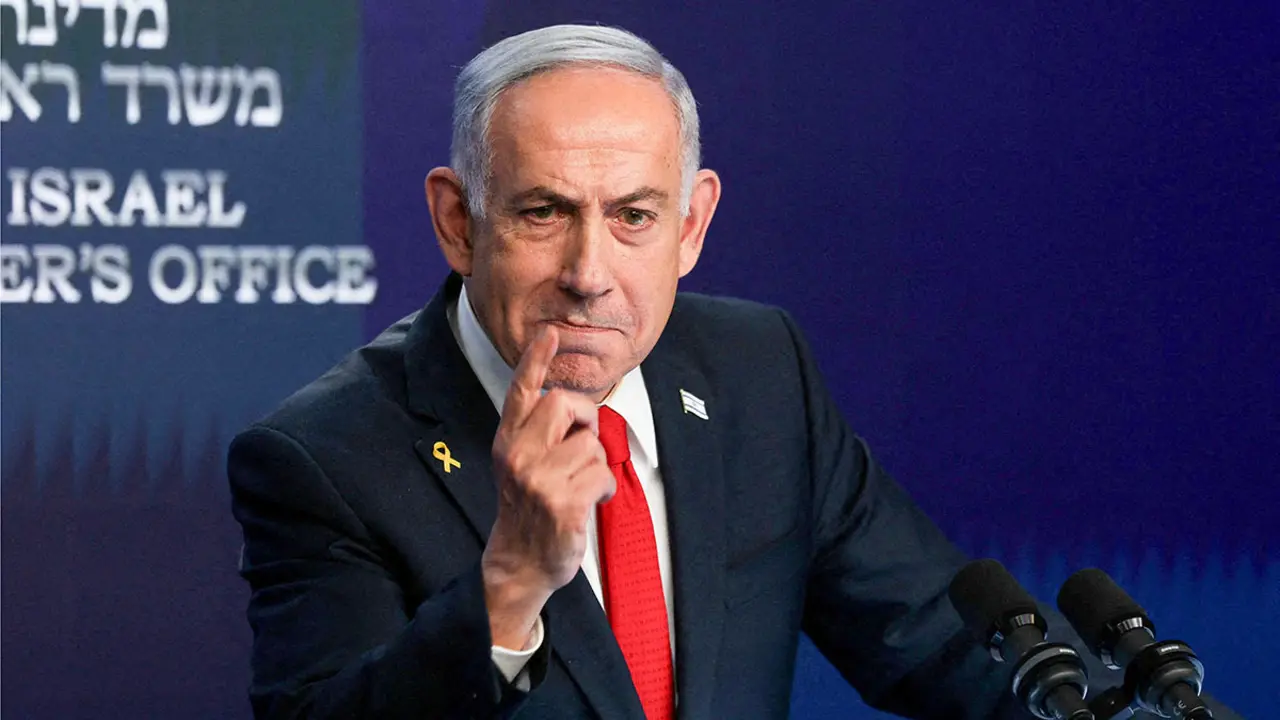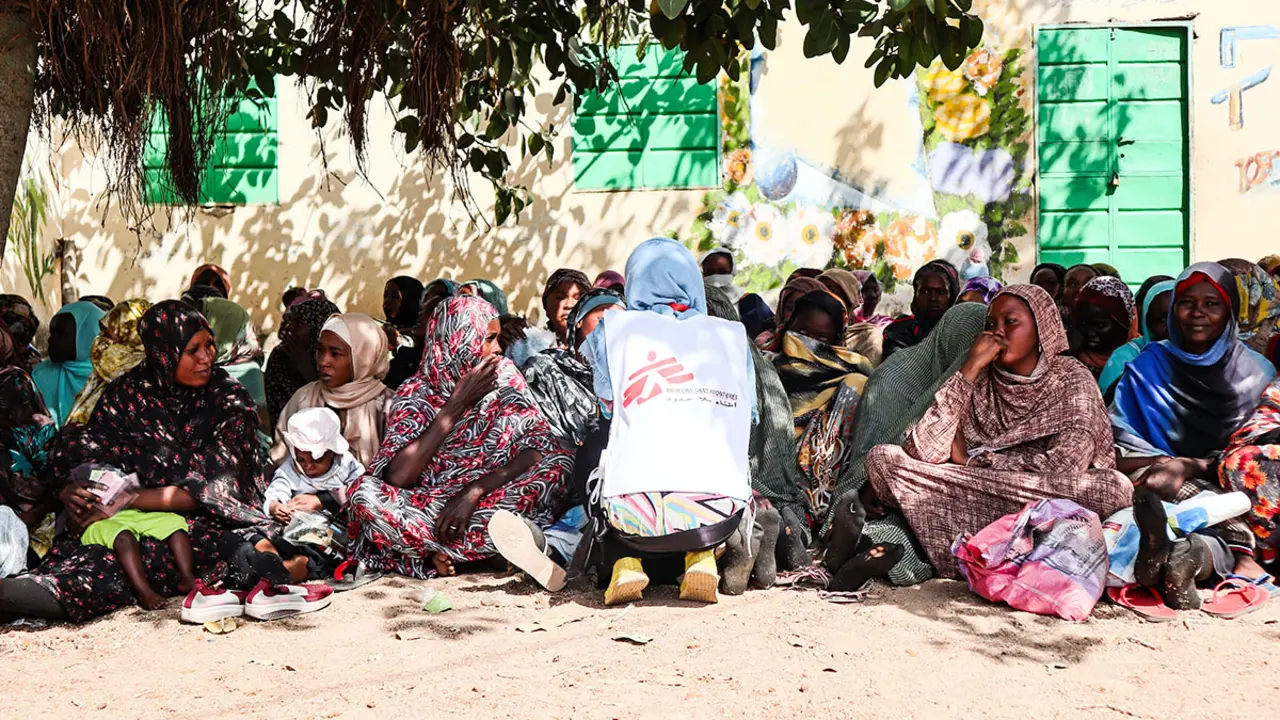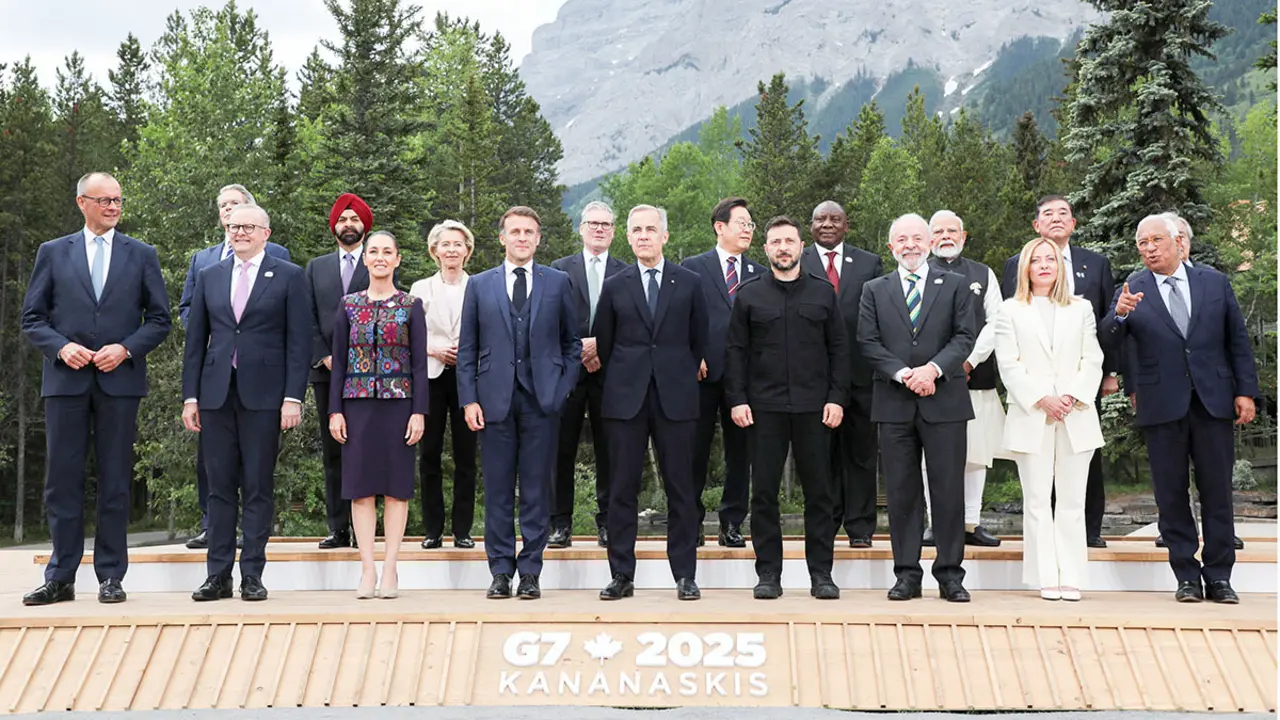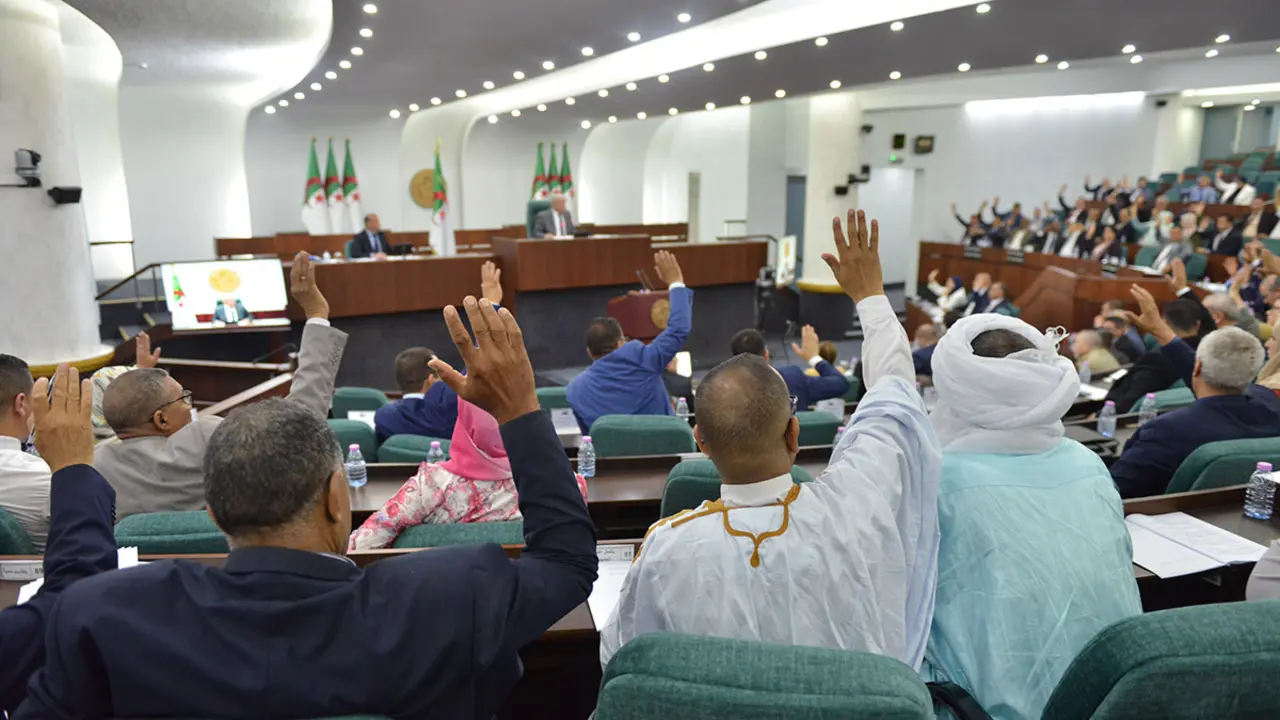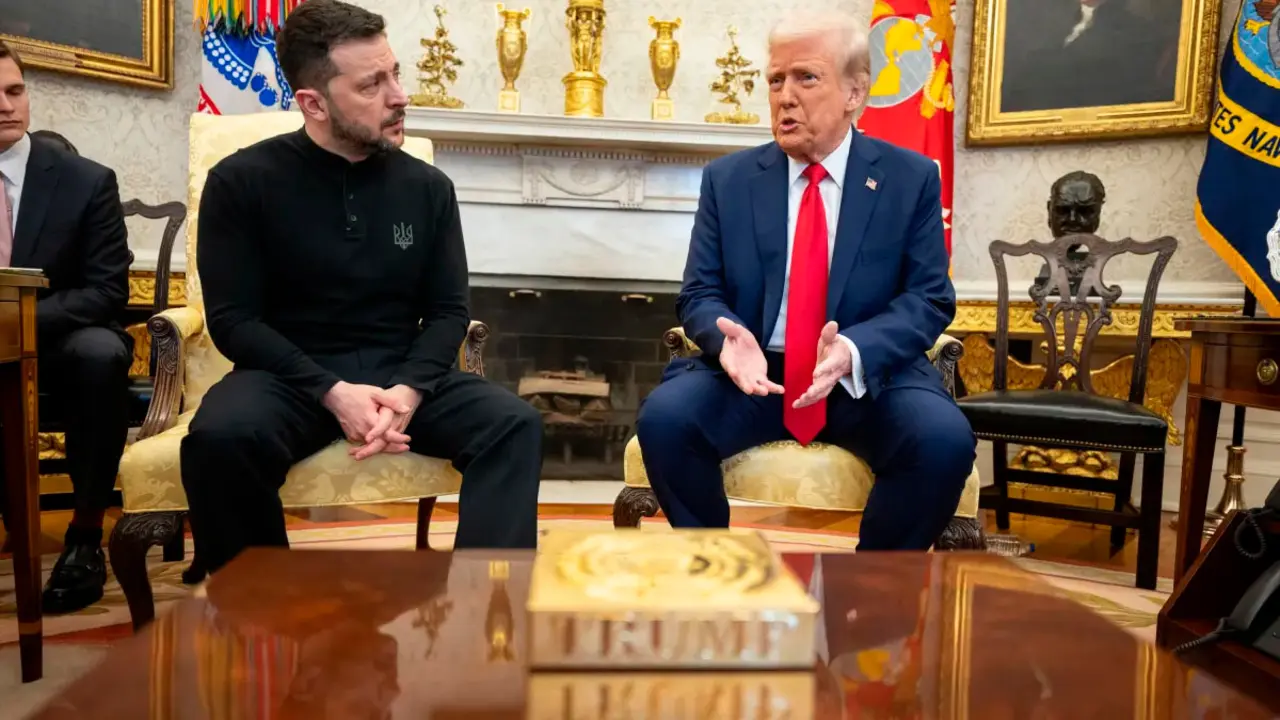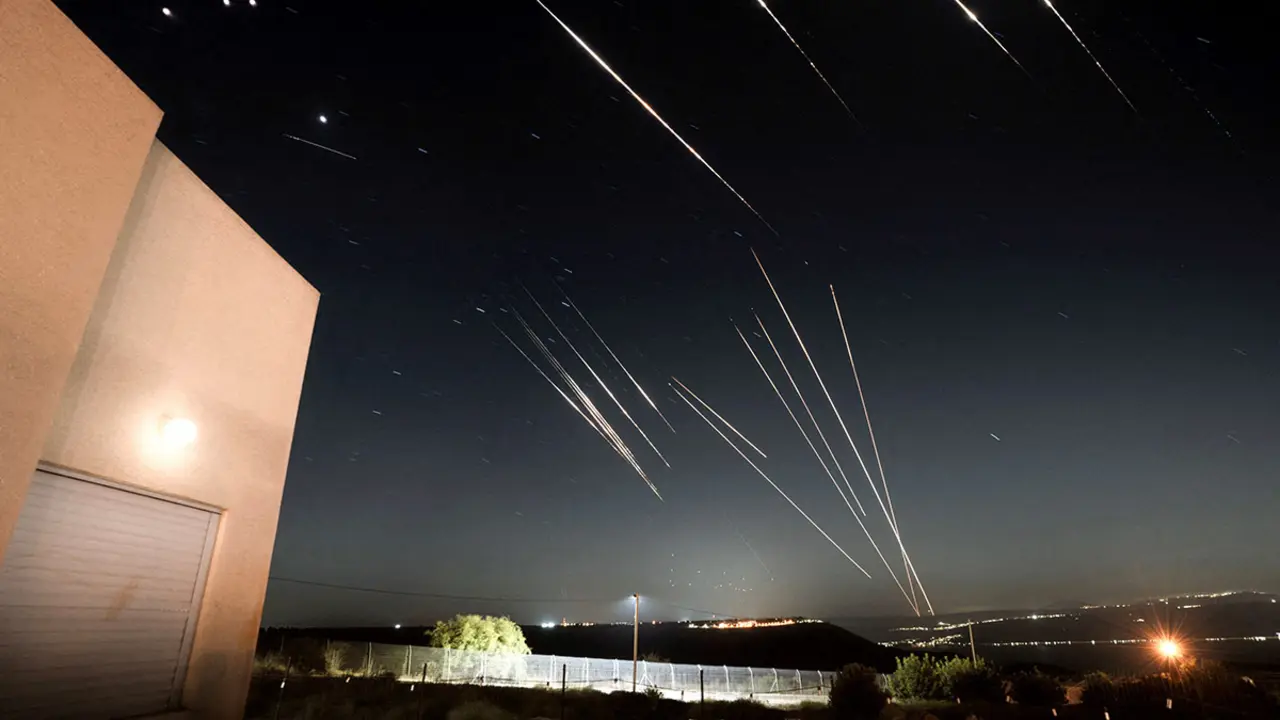Biden no retirará el apoyo de Trump a Marruecos respecto al Sáhara Occidental

The US Secretary of State, Antony Blinken, reportedly told the Moroccan Foreign Minister, Nasser Bourita, during a telephone conversation on Friday, that the Biden Administration has no intention of reversing the US support for Moroccan sovereignty over Western Sahara expressed by the previous US administration of Donald Trump.
According to close sources and as revealed by the Axios media, the American giant would continue to recognise the formula of autonomy of Western Sahara within the Alawi kingdom, as did the previous Trump Administration, thus granting the important support of the world's leading power to the North African country in the Saharawi dispute. The decision that emerged from these discussions was not to reverse Trump's policy, but to work with the Moroccans on the appointment of a new UN envoy for Western Sahara to try to resume talks on a possible autonomy for the Sahrawi territory.
Asked about the issue at a press briefing on Friday, State Department deputy spokeswoman Jaline Porter said that "as far as Western Sahara is concerned, we are consulting privately with the parties on the best way to stop the violence there... We would also talk about having the goal of achieving a lasting settlement".
Meanwhile, the Moroccan news agency MAP reported that Antony Blinken and Nasser Bourita stressed in their conversation the strong and enduring strategic partnership that has united Morocco and the United States for decades, a statement from the Kingdom's Ministry of Foreign Affairs said.

The personal relationship between King Mohammed VI and US President Joe Biden could enhance this partnership, based on shared values and interests.
On this point, the US Secretary of State highlighted Morocco's progress during the reign of Mohammed VI, in political, economic and social terms.
The two political leaders discussed important issues on the international scene, such as the conflicts in Libya and the Sahel, and Blinken 'welcomed the stabilising role played by Morocco in a neighbourhood marked by turbulence'.
The pact reached by former President Donald Trump and Morocco's King Mohammed VI included the recognition of Moroccan sovereignty over the Sahara and the establishment of diplomatic ties between the North African nation and Israel, on the other hand. Thus following the path that had been opened with the Abraham Accords in September last year, through which Arab countries such as the United Arab Emirates and Bahrain established political ties with the Israeli state under US auspices with the aim of mutually enhancing various strategic sectors and to pacify the Middle East, after the recent turbulent past episodes in which nations such as Iran and Turkey have been involved in destabilising actions that have endangered security in the region through aggressive or belligerent postures, as various media and analysts have recently been pointing out. This new connection between Arab countries and Israel has not been seen in the past for issues such as Palestine, with the exception of the ties that developed in the past between Israel and Egypt and Jordan.

Antony Blinken welcomed the resumption of official contacts between Morocco and Israel and stressed that these relations would bring long-term benefits for both countries, highlighting 'Morocco's pioneering role and credible action to achieve a lasting peace in the Middle East', as noted by MAP and as was also stated by the US State Department.
There was concern that the new US administration led by Joe Biden might reverse this bilateral agreement, but, according to close sources, as explained by Axios, the new US government will continue to support Morocco in the Sahara conflict, according to Axios.
Morocco had already been gathering a lot of support at the international level in recent months on this issue. This political support is represented by the opening of consulates of different countries, such as the Emirates, the United States and Senegal, in notable enclaves such as Dakhla and El Aaiún, thus recognising the Moroccan nature of the Sahara.

On the other hand, the other opposing side in this confrontation, the Polisario Front, has less and less support at the global level for its proposal for an independence referendum on the Saharawi territory. It barely enjoys the support of some countries such as Algeria, which has always supported the Polisario on this issue.
Although Western Sahara has less than a million inhabitants, it offers rich phosphate resources, fisheries and a key road to Mauritania and the rest of West Africa.
In November, the Polisario Front announced that it considered the 1991 ceasefire null and void, following the El Guerguerat border crossing conflict in which road crossings were blocked and the Moroccan army had to intervene to restore the situation.

